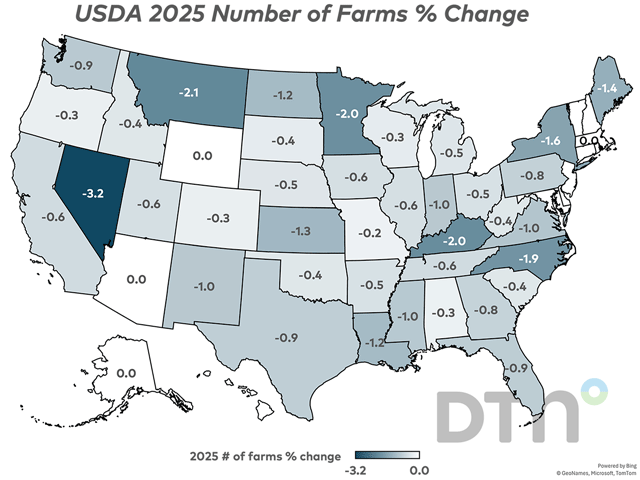South America Calling
Brazil Waits on Senate Port Vote as Stevedores End Strike
All eyes are on Brazil's Senate this evening as government leaders seek a vote on legislation aimed at modernizing ports.
The draft bill in front of senators, designed to increase port efficiency and attract investment, could help ease bottlenecks currently impeding the flow of grain exports.
The lower house approved a version of the government bill in the early hours of Thursday, but only after a marathon 23-hour session.
That only leaves the Senate until midnight tonight to vote, or the bill will expire.
P[L1] D[0x0] M[300x250] OOP[F] ADUNIT[] T[]
The main objective of the bill is to promote investment in new private terminals by easing restrictions. In announcing the measures last year, President Dilma Rousseff optimistically predicted they would trigger a $25 billion spending spree on ports.
One of the key measures is an end to unions picking workers at private terminals, predictably attracting the ire of organized labor.
Stevedores at the principle grain ports of Santos and Paranagua started a flash strike Tuesday afternoon in order to pressure legislators into dropping the proposal.
The strike ended Wednesday at Paranagua but only finished Thursday evening at Santos.
According to port authorities, the industrial action affected container movement more than grain cargoes. At Santos, only two grain ships were delayed by the strike.
Still, any delay is unwelcome as Brazil has an enormous backlog of soy and corn to export. On Monday, there were 237 ships waiting to load grains at Brazilian ports, up from 101 at the same time last year, according to shipping agent SA Commodities/Unimar.
Stevedores at Santos will meet again on Monday to decide on their next move.
The passage of the new law doesn't only affect established grain ports. It is a prerequisite for work to start on the construction of new grain terminals at northern ports. Without knowing what the new regulations governing private terminals look like, the risk in starting projects is simply too great.
The development of grain corridors from the Cerrado to northern ports is seen as vital to the future growth of grain farming in the highlands of Brazil's interior.
In short, Brazil's farm sector has its collective fingers crossed that senators vote the bill into law tonight.
© Copyright 2013 DTN/The Progressive Farmer. All rights reserved.




Comments
To comment, please Log In or Join our Community .